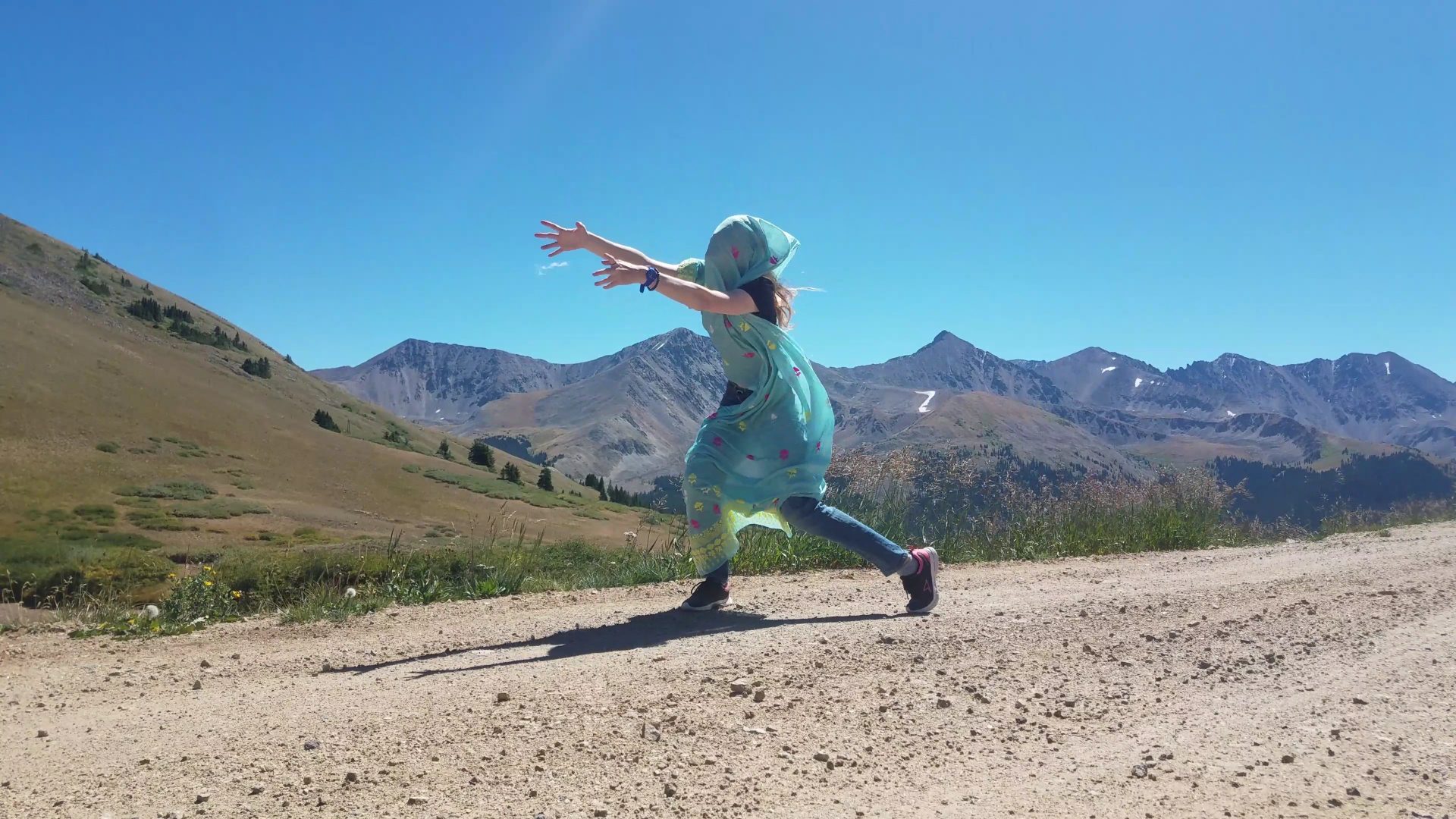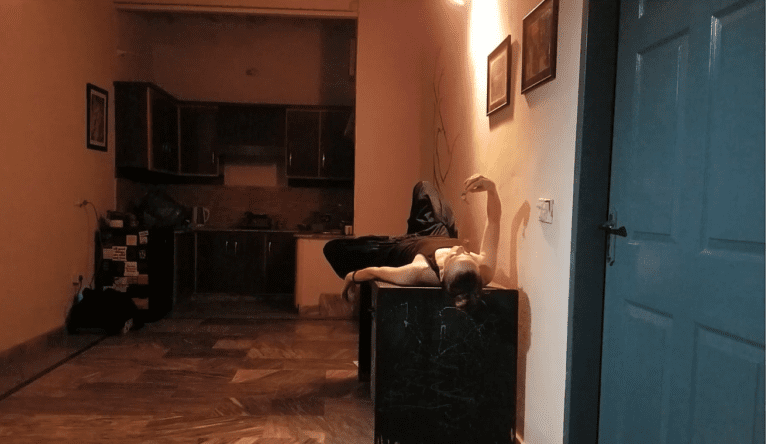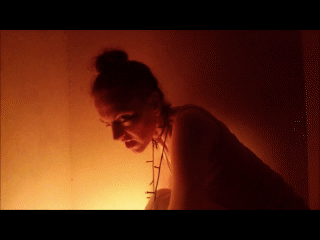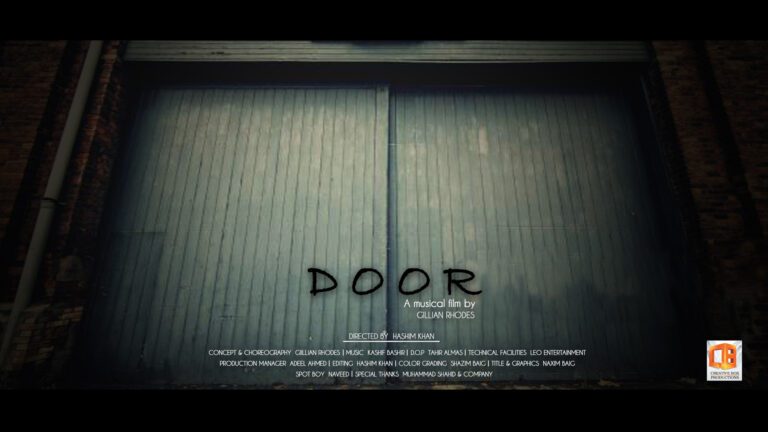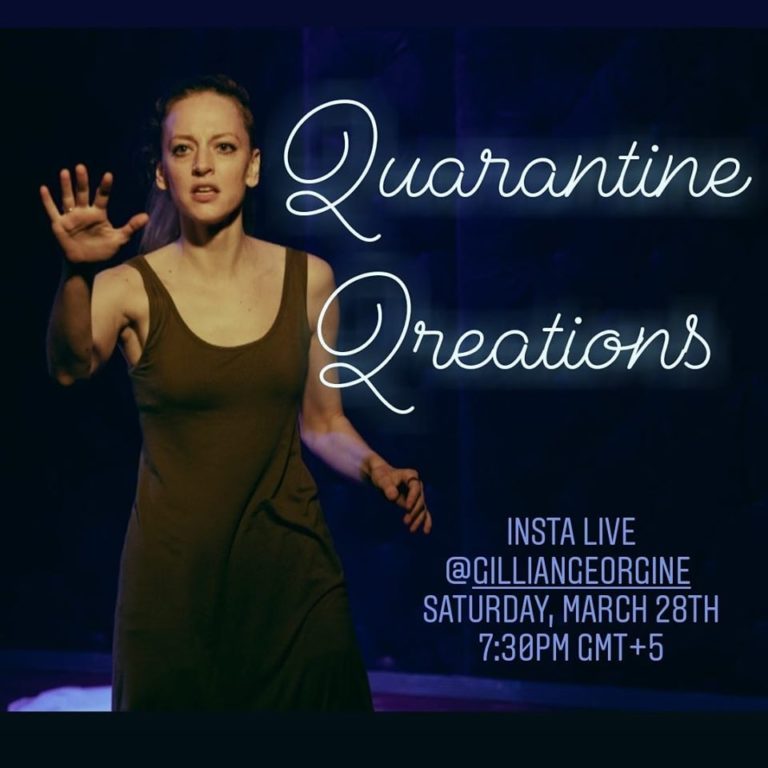The End of Wandering: The Making Of
The End of Wandering was one of those pieces where I had no idea what I was making throughout the whole process. Honestly, I still don’t know what I made, but I know that it absolutely intrigues me.
When I was planning my trip back to the USA, I knew I wanted to visit Copper Mountain, a ski resort at which my family used to practically spend our winters when I was growing up. I don’t really know why – for nostalgia’s sake, maybe. A need to get into the mountains, one of the few places that feel like home to me, certainly.
The actual getting there was a bit of a challenge. I tried to shanghai friends or family to take me up from Denver, but between COVID and cars it wasn’t happening. Thankfully, Colorado has a pretty good bus system, and I managed to find a way to do it with buses and shuttles.
It was the end of the summer season when I went, and I got there pretty early in the morning. As a result, I practically had the mountain to myself. There was no one around besides the lift operators.
I had picked a hiking route that led me to a part of the mountain that I didn’t know very well. Because I had a strict deadline to get back down and catch the bus back, I wasn’t sure how far I’d get. Still, I thought I remembered the valley the trail led through as being pretty.
What to shoot though?
I knew I wanted to shoot something on the trip, so my phone was charged and I had snitched my dad’s mini tripod. I’d been thinking a lot about it – I didn’t want to just make a video of me goofing around. It needed to be creatively interesting and have some kind of narrative. Because I was just wearing a T-shirt and jeans, I thought to bring a large ‘dupatta’, a Pakistani scarf. It was the only thing in my suitcase that I thought might make an interesting ‘costume’.
On the bus ride, I decided to work with the concept of ‘weathering’ and ‘rooting’. Weathering can mean erosion but it can also mean endurance, and I thought it could make for something interesting.
As I hiked up, I stopped several times as I looked around and thought, this would be a decent frame. I looked at the footage as I went, but mostly just followed my instinct. I tried to take a variety of shots and angles.
The more I shot and the higher I got, I started to notice that the footage I found the most intriguing involved my face covered by the dopatta. I couldn’t really name what it was, and it wasn’t really anything to do with weathering or rooting. But I let my intuition guide me and shot more in the that direction.
A couple hours, I reached the top of the trail, the middle of a saddle between two taller mountains. The wind was rippling, fresh and chill against my face. I turned in slow circles and reveled in it as long as I could, and then headed down. I didn’t take any more footage.
The process of editing
It was several weeks before I sat down to actually edit the footage, back in Pakistan with the usual culture shock exploding around my ears.
When I started, I didn’t know what I was trying to do, but like the process of shooting I let my instinct take over. As I clipped, I started to see an arc emerge. It’s not really a story per se, but there are multiple themes that came out.
The truth is, what the piece became utterly intrigues me. It feels like something that I could unpack for years, something I could write about every which way.
As I was editing, there was one poem that I used a little bit as a guide. It is a poem I saw once in a subway in Paris and never managed to shake. The poem read: “Devant la mer // j’ai besoin que tu aies un visage // pour savoir où je suis.”
In English, that translates to “In front of the sea // I need you to have a face // to know where I am.”
The piece has themes of being faceless and having a face, of being lost. There is something about turning around to face oneself, something about unmasking, something about returning.
The Title Explained
In the end that’s why I eventually titled it what I did, after struggling through several lukewarm variations. The idea of returning made me think about the end of TS Eliot’s poem Wasteland. It reads:
“We shall not cease from exploration, and the end of all our exploring will be to arrive where we started and know the place for the first time.”
Somehow in the piece, I saw a character who had been wandering so long they had lost themselves. But in returning, finally they turned around and saw their own reflection (yes, there are shades of the song “Landslide” too), and knew themselves for the first time.
What do you see in it? And what would you call it?

